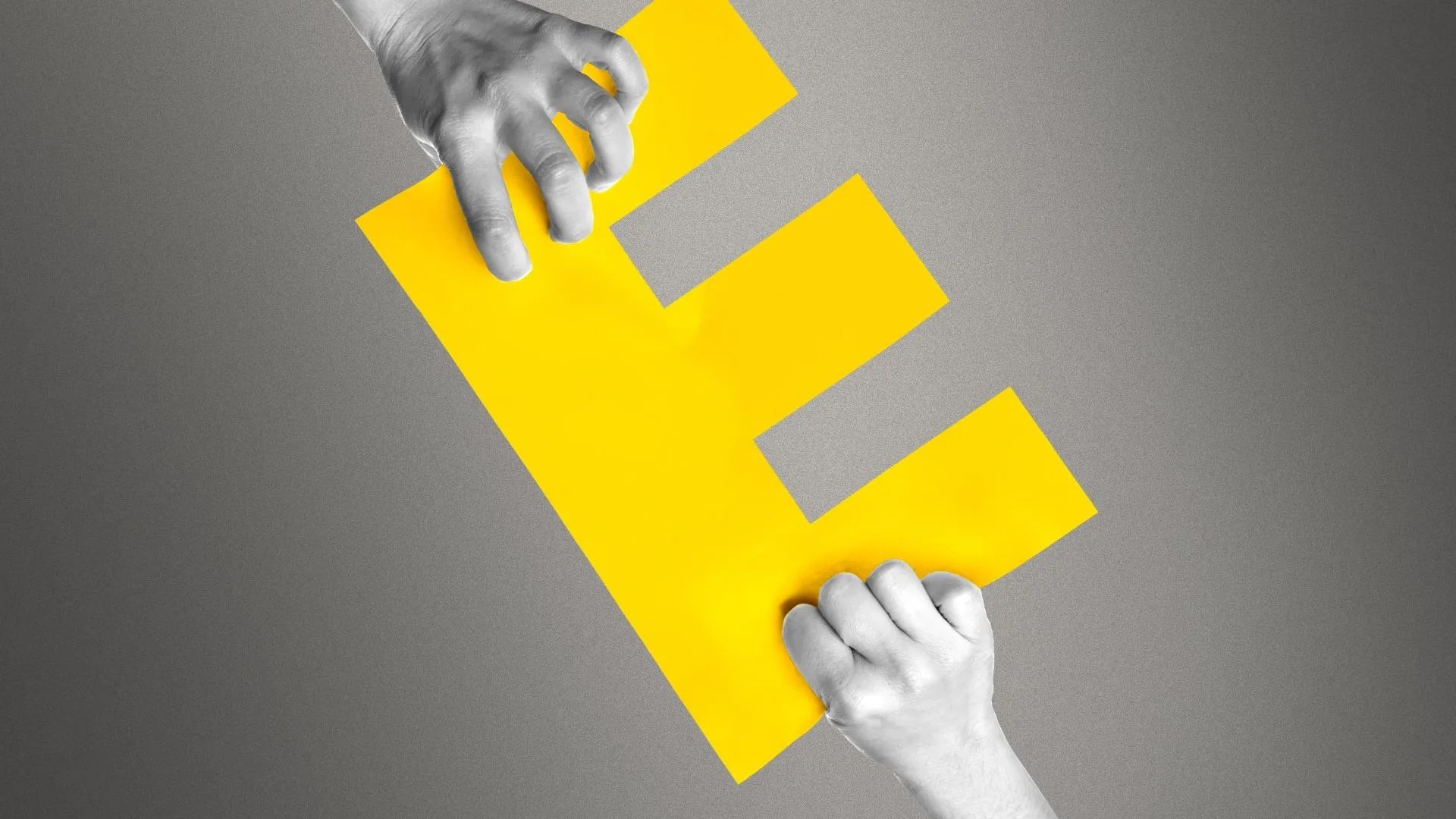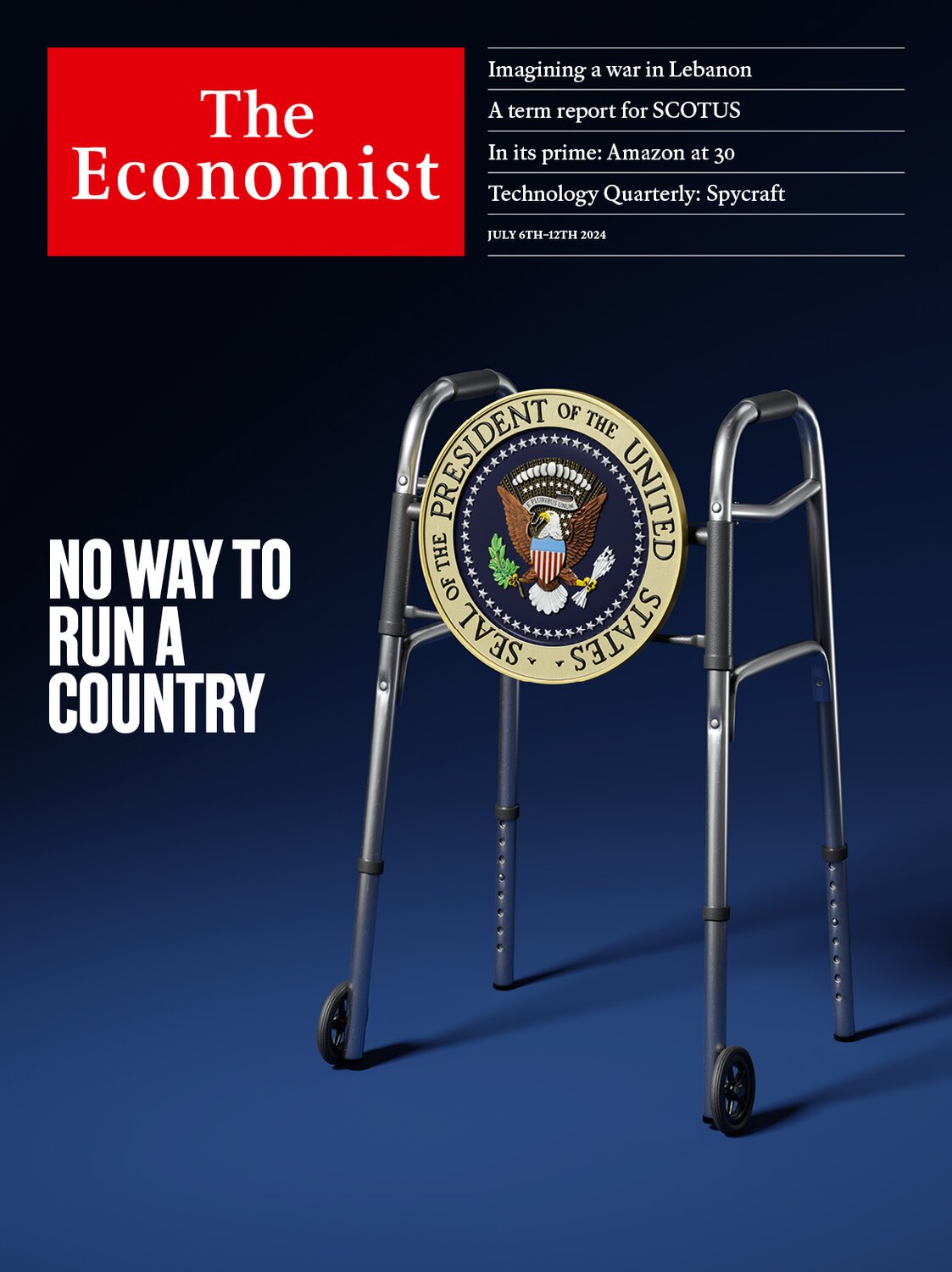President Joe Biden, wearing a dark suit, light blue tie, and aviator sunglasses, waves to the camera.
I’ll be honest: the news that President Biden won't seek reelection in 2024 hit me hard. It's a defining moment for a leader who has profoundly shaped the disability community. His tenure has brought about unprecedented changes and set a new standard for inclusion and accessibility. As we reflect on his legacy, it's clear that President Biden's impact will be felt for generations to come.
Did you know that in 2023, the employment-population ratio for people with disabilities hit 22.5%? That’s the highest since the Bureau of Labor Statistics started tracking this data in 2008. The unemployment rate for people with disabilities dropped to 7.2%. These numbers reflect real, positive change in our lives.
Biden's commitment to the disability community is clear. Take Medicaid, for example. It now covers over 80 million Americans, including many of us with disabilities. He also boosted special education funding by $2.6 billion in 2021.
Let’s talk about student loans. The U.S. Department of Education's PSLF program was a mess, with a 99% rejection rate under the previous administration. President Biden stepped in and made real changes. He streamlined the application process, expanded eligibility, and fixed past errors. Now, thousands of public servants, including many with disabilities, are finally getting the loan forgiveness we were promised.
Air travel has long been a nightmare for many with disabilities. Recently, the U.S. Department of Transportation announced a proposed rule aimed at ensuring passengers who use wheelchairs can stay in their own wheelchairs while flying. This rule, if implemented, would mark a monumental shift in air travel accessibility.
The new proposal also includes several key improvements. Airlines would be required to notify passengers immediately if their wheelchair has been mishandled, repair or replace damaged wheelchairs, and return lost wheelchairs to the passenger's final destination within 24 hours.
We owe President Biden a big thank you. His dedication to disability rights has been unwavering. His administration’s focus on accessible infrastructure has modernized public transit systems across the country, making it easier for wheelchair users like me to get around. These improvements have touched the lives of countless people who rely on public transportation daily.
The policies President Biden put in place have laid a strong foundation for future advancements in disability rights and inclusion. As we continue to advocate for equity and access, we need to build on his legacy to create a society where everyone, regardless of ability, can thrive.
Thank you, President Biden, for your unwavering support and dedication to making our lives better. Your legacy will endure, and we will carry the torch forward.










